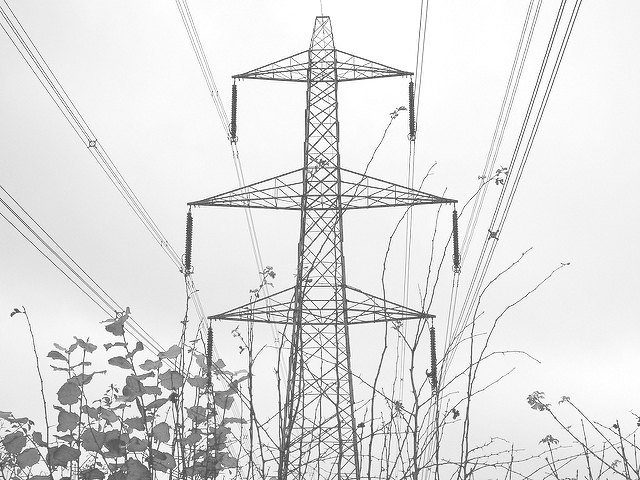Balance responsibility in Latvia
Imbalance means an energy volume calculated for a balance responsible party and representing the difference between the allocated volume (energy volume physically injected or withdrawn) attributed to that balance responsible party and the final position (energy volume forecasted and declared) of that balance responsible party, including any imbalance adjustment applied to that balance responsible party, within a given imbalance settlement period. According to Latvian Electricity Market Law, each market participant is responsible for its own caused imbalance. Balance responsibility includes assuming responsibility for the imbalance caused by another electricity market participant (balancing service recipient).
Each balance responsible party has a designated imbalance area which includes all metering points for which the balance responsibly party is responsible for. In Latvia, there are three levels of balance responsibility:
- Only transmission system operator can assume balance responsibility for balance responsible parties;
- Any balance responsible party can assume balance responsibility for an electricity supplier, a consumer or a producer. A list of balance responsible parties can be found here.
- Any electricity supplier that has concluded a Balancing service agreement (not to be mistaken with Ancillary services agreement) can assume balance responsibility for a consumer or a producer. A list of such electricity suppliers can be found here.
Common Baltic balancing market
To facilitate equal opportunities to all Baltic balancing market participants and to comply with European Commission Electricity Balancing guidelines, Baltic transmission system operators agreed to organize a common balancing market. Common Baltic Balancing market started operating on 1st of January 2018. Baltic electricity transmission system operators: Elering AS, AS Augstsprieguma Tīkls and LITGRID AB have jointly developed Harmonized rules for Baltic Common balancing area which include the imbalance pricing rules.
The total imbalance of each Baltic state is the responsibility of the respective transmission system operator. To reduce the imbalance costs, the transmission system operators of the Baltic states have agreed on a joint approach to the imbalance responsibility:
- The imbalance part in the Estonian, Latvian and Lithuanian electric power systems that can be eliminated (compensated for) within the total Baltic imbalance region is referred to as the netted imbalance. The Baltic transmission system operators mutually buy and sell the netted imbalance for the applicable imbalance price (pricing methodology found here).
- The imbalance part that cannot be eliminated (compensated for) within the total Baltic imbalance region is referred to as the non-netted imbalance. The Baltic transmission system operators jointly buy and sell the non-netted imbalance to the open balancing service provider – AB INTER RAO Lietuva at a predetermined price.
Balansēšana - organizēts process ikbrīža līdzsvara nodrošināšanai starp elektroenerģijas patēriņu un ražošanu elektroenerģijas sistēmā;
Balansēšanas pakalpojums - pakalpojums, ar kuru tiek nodrošināta elektroenerģijas tirgus dalībnieka atbildība par to, lai tā pārdotās elektroenerģijas daudzums katrā tirdzniecības intervālā (viena stunda) atbilstu sistēmā nodotās elektroenerģijas daudzumam un nopirktās elektroenerģijas daudzums atbilstu no sistēmas saņemtās elektroenerģijas daudzumam;
Nebalansa apgabals ir elektroenerģijas lietotāju un ražotāju elektroenerģijas komercuzskaites vietas, kuras ņem vērā balansēšanas pakalpojuma saņēmēja radītā nebalansa aprēķināšanai.

